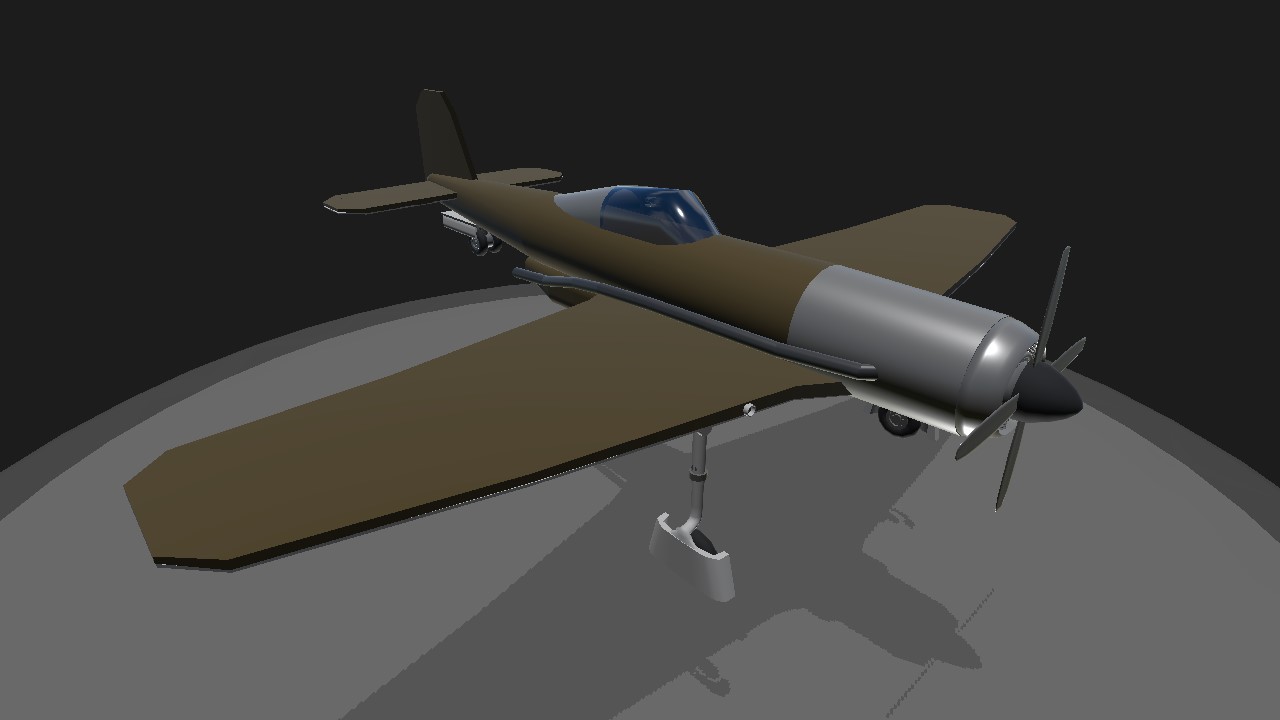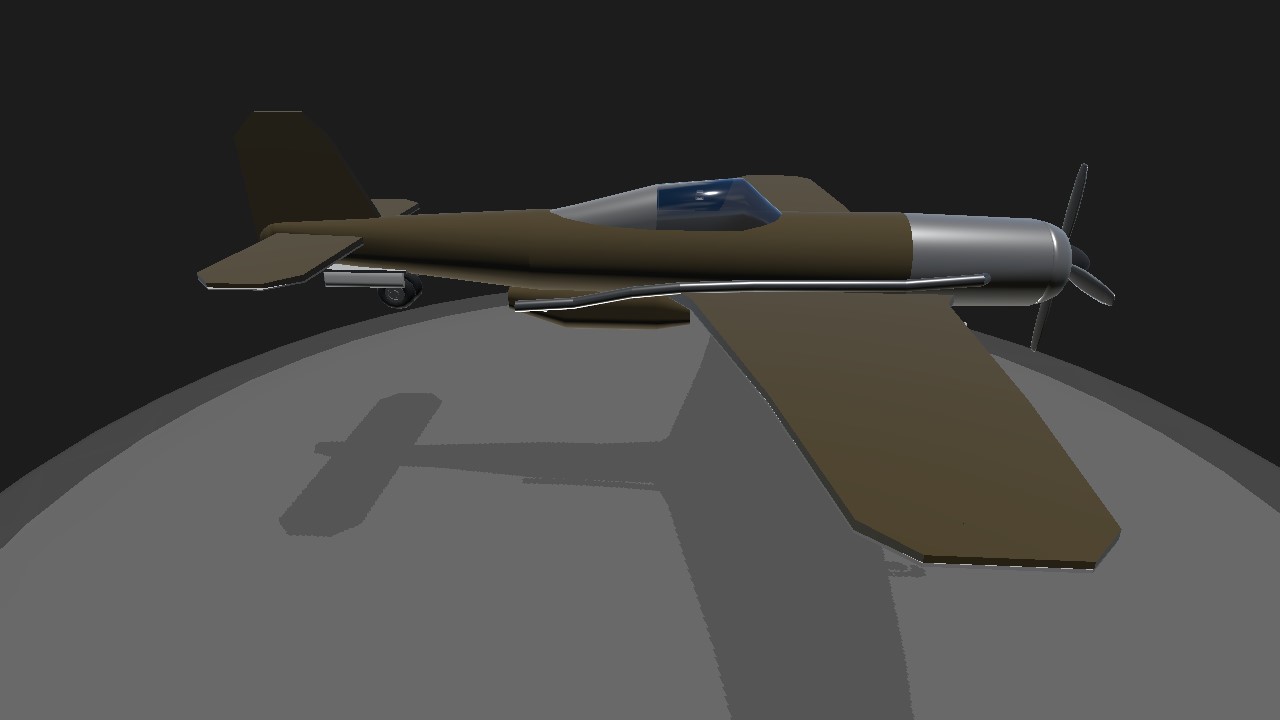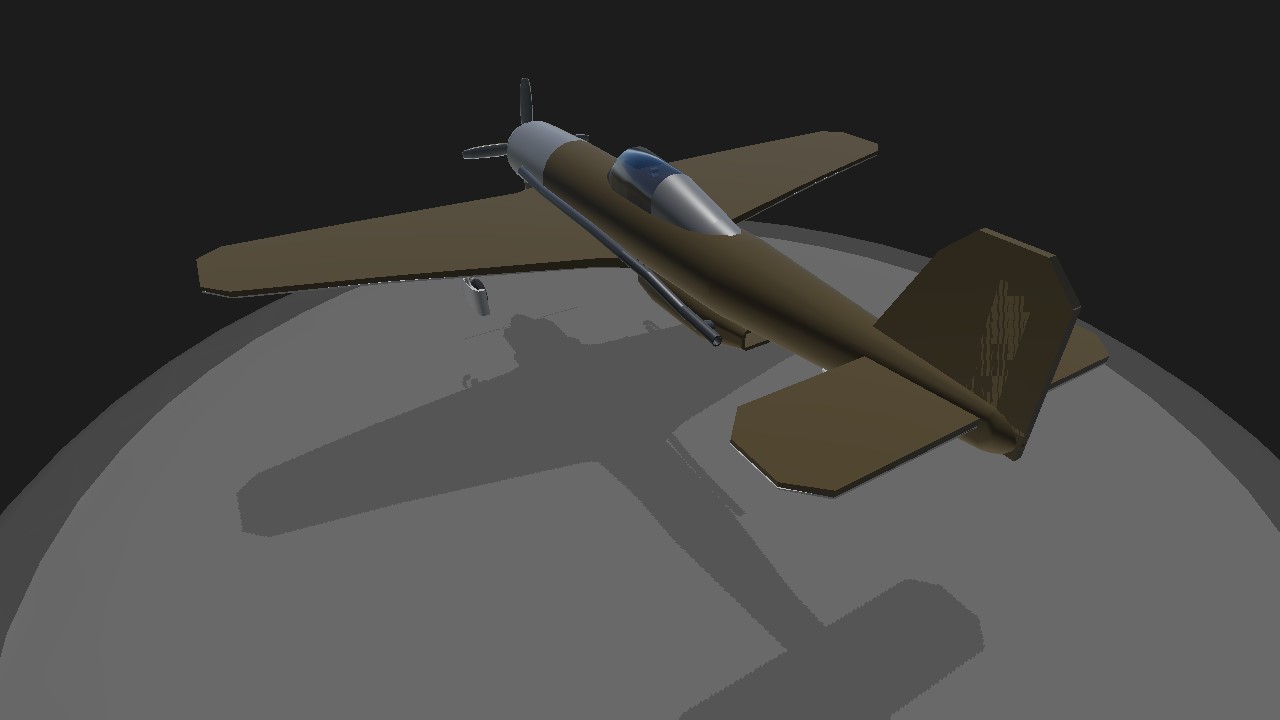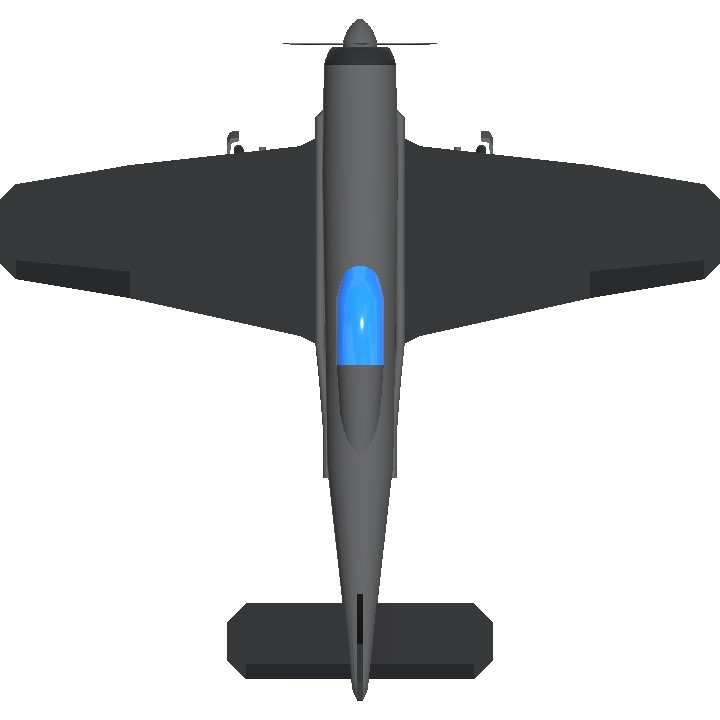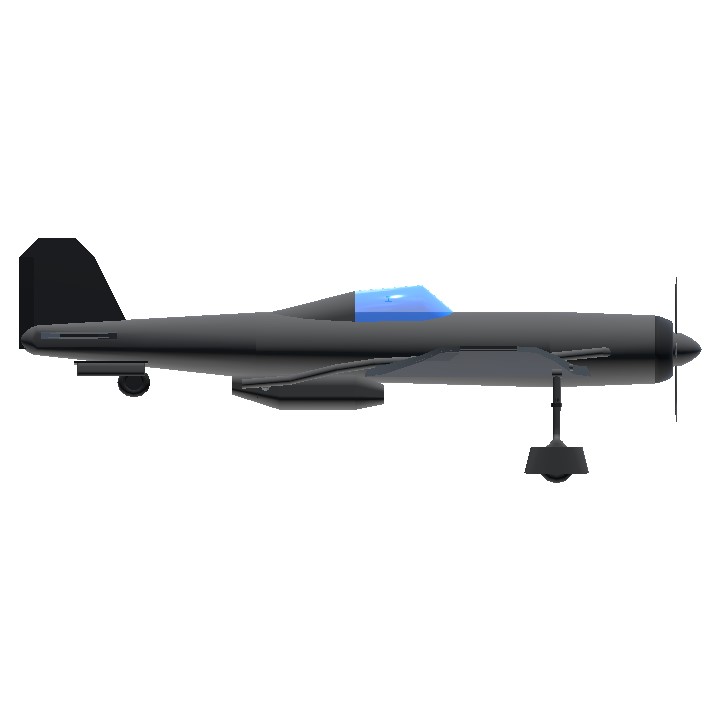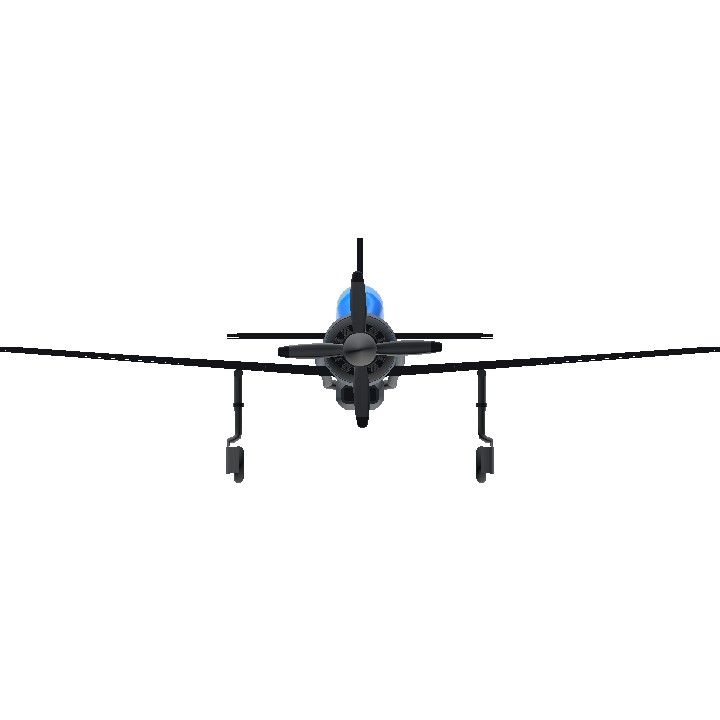Source wikipedia " The Fw 190A started flying operationally over France in August 1941 and quickly proved superior in all but turn radius to the Spitfire Mk. V, the main front-line fighter of the Royal Air Force (RAF), particularly at low and medium altitudes.[4] The 190 maintained superiority over Allied fighters until the introduction of the improved Spitfire Mk. IX.[5] In November/December 1942, the Fw 190 made its air combat debut on the Eastern Front, finding much success in fighter wings and specialised ground attack units (Schlachtgeschwader – Battle Wings or Strike Wings) from October 1943.The Fw 190A series' performance decreased at high altitudes (usually 6,000 m (20,000 ft) and above), which reduced its effectiveness as a high-altitude interceptor. From the Fw 190's inception, there had been ongoing efforts to address this with a turbosupercharged BMW 801 in the B model, the much longer-nosed C model with efforts to also turbocharge its chosen Daimler-Benz DB 603 inverted V12 powerplant, and the similarly long-nosed D model with the Junkers Jumo 213. Problems with the turbocharger installations on the -B and -C subtypes meant only the D model entered service in September 1944. These high-altitude developments eventually led to the Focke-Wulf Ta 152, which was capable of extreme speeds at medium to high altitudes (755 km/h (408 kn; 469 mph) at 13,500 m (44,300 ft)).[6] While these "long nose" 190 variants and the Ta 152 derivative especially gave the Germans parity with Allied opponents, they arrived too late to affect the outcome of the war. i hope you all enjoy!!!
Specifications
General Characteristics
- Predecessor Fw-190 D-9
- Created On Android
- Wingspan 31.1ft (9.5m)
- Length 29.5ft (9.0m)
- Height 10.3ft (3.1m)
- Empty Weight 5,801lbs (2,631kg)
- Loaded Weight 8,625lbs (3,912kg)
Performance
- Horse Power/Weight Ratio 0.637
- Wing Loading 18.3lbs/ft2 (89.2kg/m2)
- Wing Area 472.3ft2 (43.9m2)
- Drag Points 2380
Parts
- Number of Parts 72
- Control Surfaces 10
- Performance Cost 377

